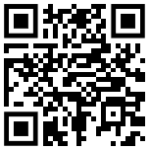KOMPASS Best Me
For a Better World
NURSERY
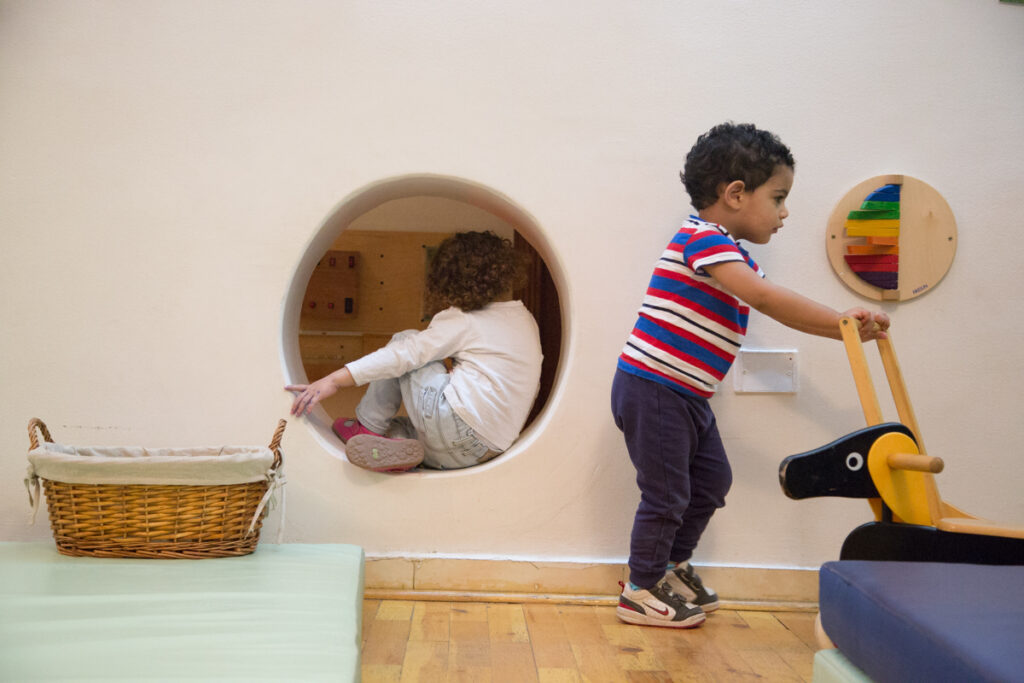
The core Kompass nursery philosophy is firmly rooted in Emmi Pikler’s developmental theories and thoughtfully enriched with age-appropriate pedagogical elements from the Montessori and Reggio Emilia approaches.
KINDERGARTEN
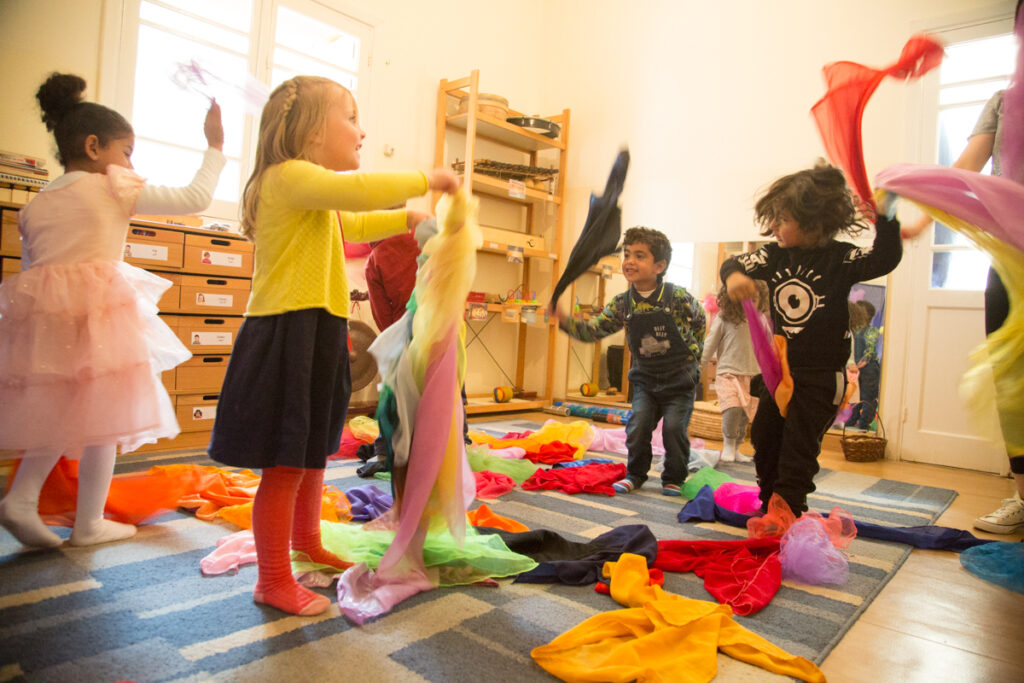
Kompass kindergarten follows the concept of an open, interactive learn house, meaning children can use all indoor and outdoor facilities throughout the day, except during meals, nest group circles, language circles, and project time.
SCHOOL
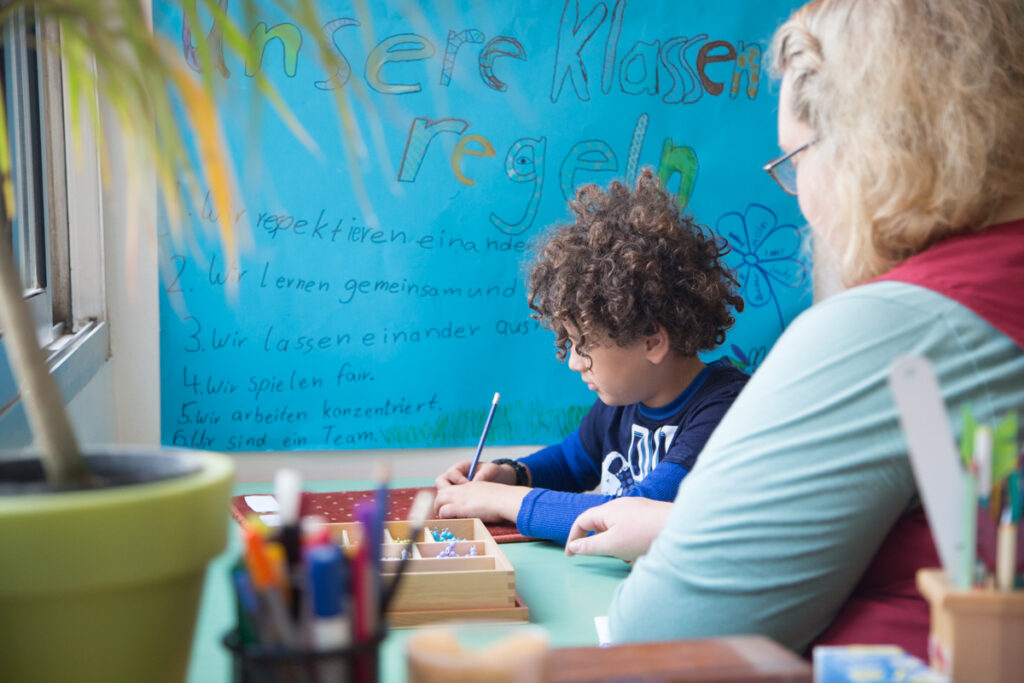
Kompass offers a trilingual program (English, German, Arabic) using the globally benchmarked, child-centered IPC/IMYC curricula. This thematic approach develops critical skills, integrates UN Sustainable Development Goals, and prepares students for the IB Diploma.
HOW WE SEE CHILDREN
• Children are capable and competent to engage in their own learning about the world.
• Children are active, social learners who want to learn.
• Children are explorers, researchers, inventors, artists and philosophers. They bring valuable knowledge, ideas and experiences.
• Children are influenced by family, culture, gender and previous experiences.
• Children have various learning styles and ways of understanding and constructing knowledge.
• Children have rights.
• Children need roots and wings.
LEARNING ENVIRONMENT
Our daily routines, rituals, an emotionally supportive system, modern and friendly facilities and – last but not least – our warm, open culture all aim to make children at KOMPASS feel welcome, inspired and challenged. We care to make learning an experience that helps children connect their knowledge as a foundation for life-time learning.
Our Approach
We give children the opportunity to recognize and follow their own interests. We encourage them to think for themselves and develop their own individual voices. We have built the KOMPASS system after researching international role models who were inspired by progressive educators like Maria Montessori, Jean Piaget and Lew Vygotksy, and by the experiences of the educational philosophy of Reggio Emilia and the German infans philosophy from which we have derived precious procedures and methods.
MEALS
We take pride in our in-house culinary team who provide three fresh, nutritious meals every day. Fresh fruits and/or vegetables are offered during breakfast, lunch and afternoon snack.
Like in a family, our teachers take their meals with the children. We consider these our meals an extension of our curriculum. Teachers encourage the children to talk about the food that they are eating. These conversations provoke more awareness about food and table manners and encourage healthy choices, the joy of eating.
Maadi-Cairo
Address: 13 Street 83, Maadi-Cairo
Landline: 0223802977
Phone & WhatsApp: 021002623999
Email: admissions@kompasseducation.org
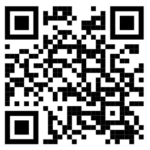
"Scan Me" to get the location
Somabay-Red Sea
Address: Somabay Marina-Red Sea
Landline: 0223802977
Phone & WhatsApp: 021002623999
Email: admissions@kompasseducation.org
